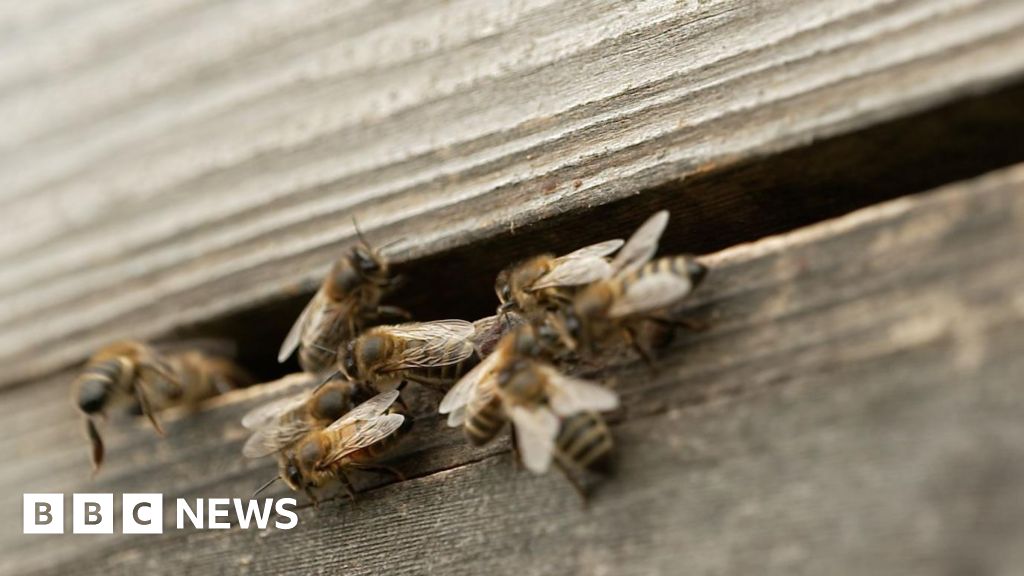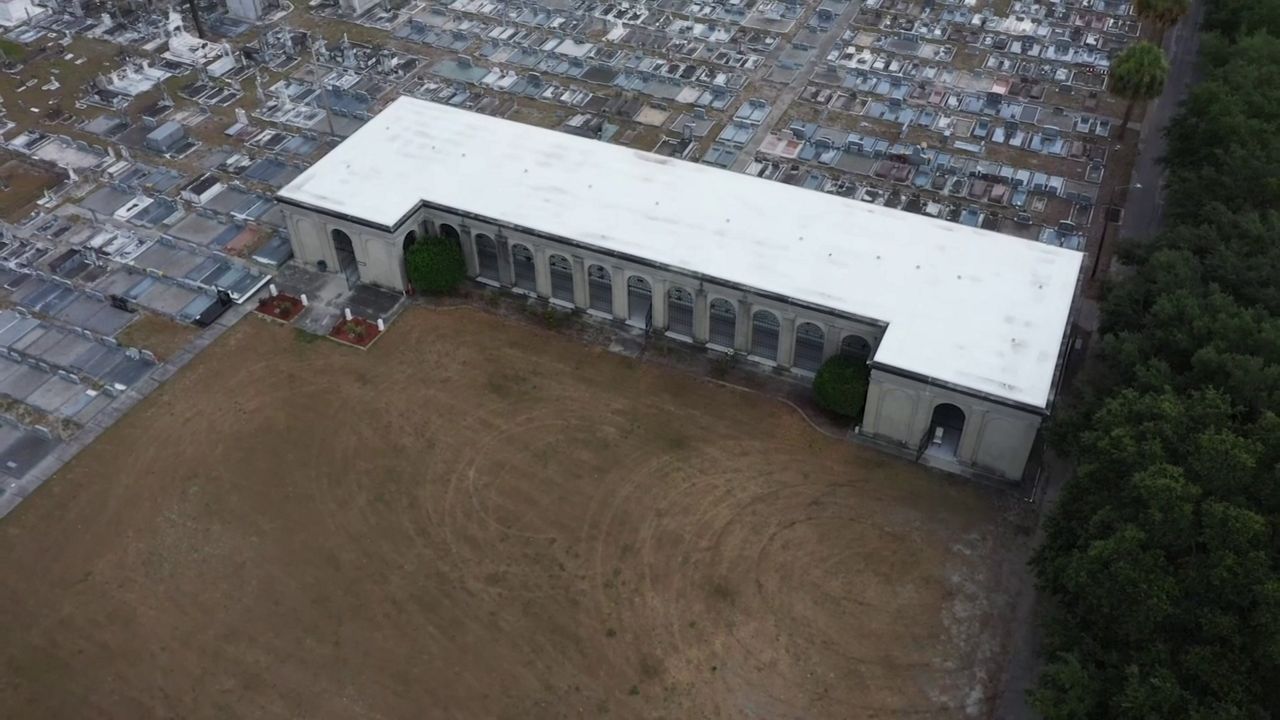Ukraine: How beeswax could help war-affected families save food

- Author, Daniel Thomas
- Role, WalesLive
Beeswax could be crucial for preserving food in war zones such as Ukraine, researchers say.
British scientists have helped beekeepers in the besieged country develop new wax packaging for perishable foods in the face of Russian attacks.
Russia has targeted Ukraine’s energy infrastructure in recent months, causing power outages that will prevent some areas from cooling during the summer.
Ukraine is Europe’s largest honey producer and researchers from Cardiff have analyzed individual hives to find out which ones offer the best protection.
“People know that Ukraine is not doing well at the moment,” said Professor Les Baille of Cardiff University.
“As everyone knows, food spoils very quickly if there is no way to preserve it.
“Using beeswax packaging, which can kill insects, seems like a natural way to address this problem.”
The research team has developed several “recipes” that involve mixing together combinations of everyday items likely to still be available in war zones to create packaging that can be used to preserve food.
They were able to test different combinations and develop some of the most effective ones for food preservation.
“The magic is in the mix,” said Professor Baille.
He said to make the wraps, “a piece of cloth or even paper” is mixed with beeswax and other naturally occurring antimicrobial plants such as sage.
“Beeswax packaging is traditionally used to extend the shelf life of sandwiches, but it can also be used for other products,” he added.
As part of an effort to help Ukrainians preserve their food for as long as possible, the team from Cardiff University has been working with academics and beekeepers in the country to test hives across Ukraine to find out which ones are best suited to the task.
“They have a lot of beeswax and they have a lot of bees,” said Professor Baille.
“By finding the right wax with the right properties, you have the opportunity to further extend the shelf life of your food.
“This is especially important if you don’t have a refrigerator or a power source.
He said it wouldn’t preserve freshness indefinitely, but it could extend the shelf life by a few days.
Their Ukrainian colleagues at Kharkiv Polytechnic Institute have been spreading Cardiff University’s information online and via social media in the hope that Ukrainians will be able to try it out for themselves this summer.
There have been heavy fighting in Kharkiv in recent weeks.
“The situation in conflict areas and near the front line is very difficult.
“People there have no electricity or there are very frequent power outages in these regions,” said Dr. Yuliia Yudina of the National University of Pharmacy at Kharkiv Polytechnic Institute.
She said the power outages had resulted in a “significant” amount of food waste.
“(The film) can be used for bread to keep it fresher, as well as for fruits and vegetables to keep them fresher.”
Prof Baille and his team of microbiologists hope their work with Ukraine will help other people in war zones around the world take advantage of the natural antibiotic properties of honey – once used by civilizations such as ancient Greece.
“We actually received a response from the military in Ukraine, who took up this idea.
“If we can make just a small contribution to improving the situation from the safety of our homes, then it is worth it.”



